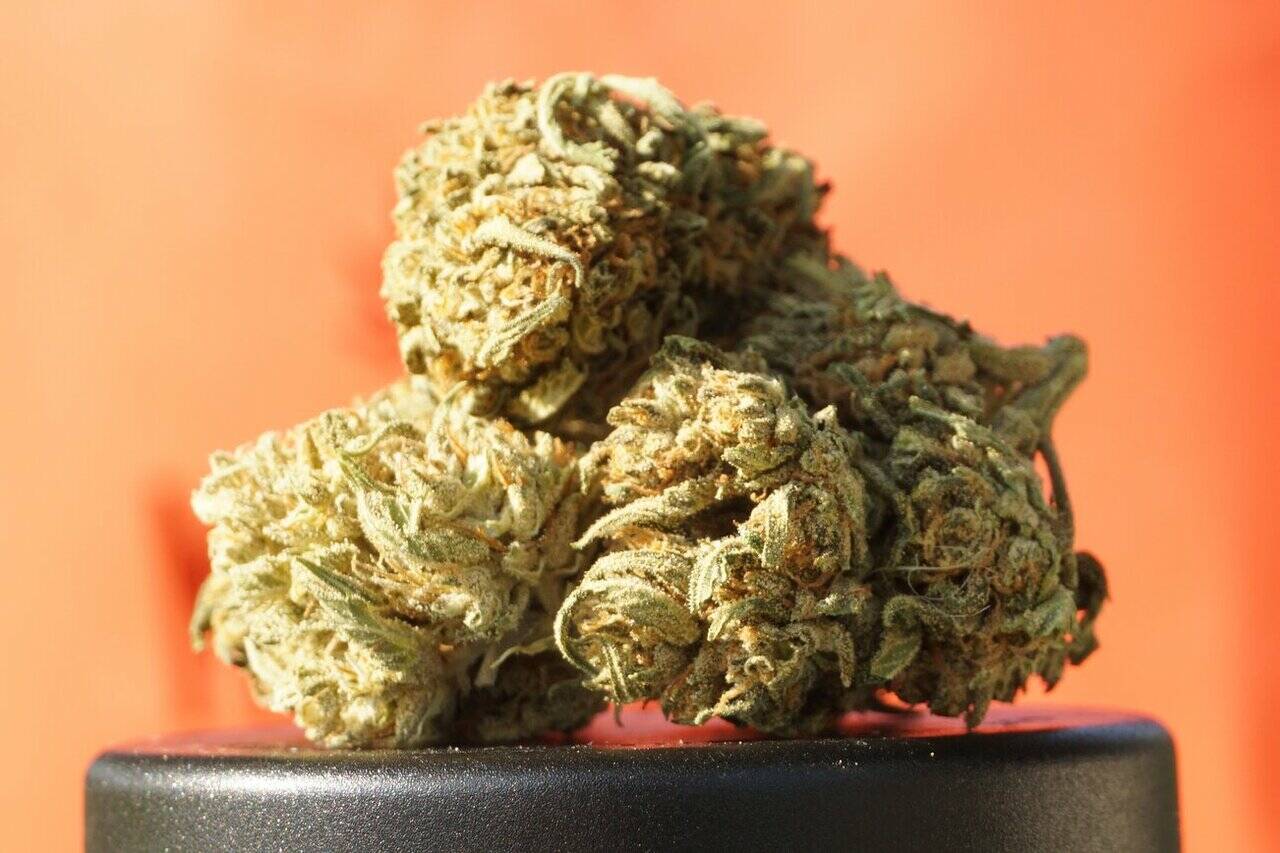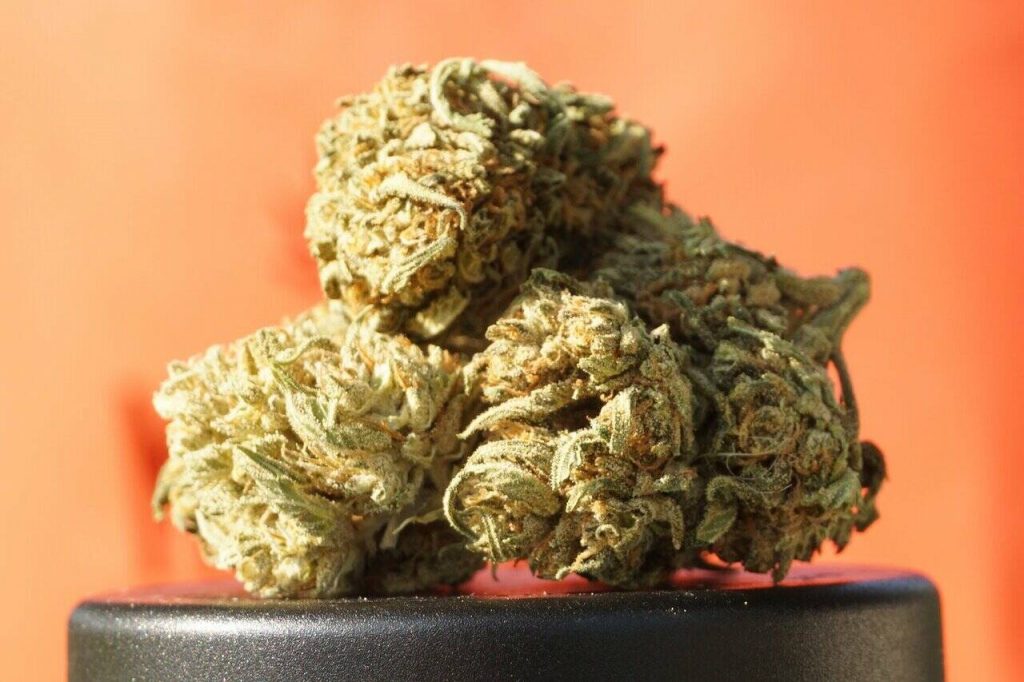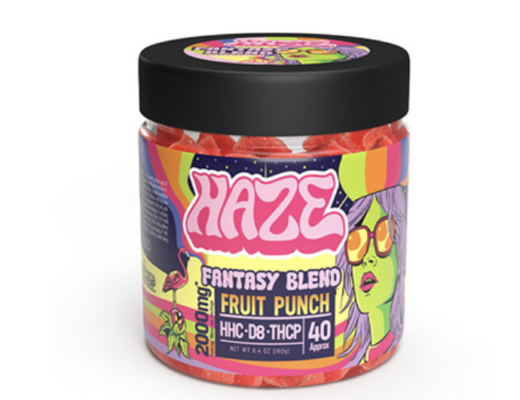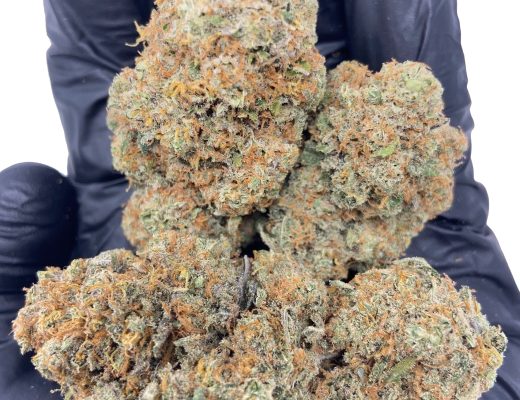For nervous Nellies who want to get high on THC but can’t stomach the paranoia, there’s an increasingly popular, and maybe legal, answer. Delta-8, a hemp derivative, is gaining popularity among marijuana users. It may also be lawful in numerous states due to an obscure loophole. Hemp and hemp-related goods, as long as they contain less than.3% Delta-9-THC – marijuana’s major psychoactive element — are permitted under the 2018 Farm Bill. This is acceptable in thirty-eight states. Delta-8 THC is the result of a brilliant chemist taking a molecule present in hemp — which is allowed under the 2018 Farm Bill but does not induce a high — and tweaking the chemical bonds to make a closer cousin of tobacco while staying inside the bill’s legal parameters. Confused? Yes, it’s perplexing. Here’s a little primer on biological research to clear things up: Hemp and marijuana are both cannabis plants, thus they’re related. They each contain around 100 cannabinoids, which are compounds with different effects on the brain and body.

Delta-9 THC, which has a sedative effect and makes you feel high (it’s what makes pot weed), and CBD, which does not make you feel high but is often used to reduce anxiety and discomfort, are the two most well-known cannabinoids. Cannabis plants having a THC concentration of more than 0.3 percent are classified as marijuana, while those with less than that are classified as hemp. Delta-8 is extremely rare in nature. When the plant is illuminated and air, small amounts of delta-9 are converted to delta-8. Because the plant contains so little delta-8, it must be manufactured in a facility utilizing hemp-derived CBD as a raw ingredient. CBD is converted into this more head chemical using strong acids. Delta-8 THC has received very little human research. Delta-8, on the other hand, has been demonstrated in laboratory and animal experiments to have effects similar to the more common and well-known THC (delta-9). Both delta-8 and delta-9 produce mind-altering substances.
The constitutionality of Delta-8 THC is part of the confusing, ever-changing tale of cannabis law in general, including CBD. Marijuana is allowed for medical use in 36 states and for recreational use in 18 states as of June 2021, including New Jersey, Connecticut, California, and Illinois. Delta-8 THC generated from hemp, on the other hand, falls into a separate group. The 2018 Farm Bill made it lawful to grow hemp for CBD production as long as the Delta-9 THC concentration is less than 0.3 percent.

The delta-8 molecule is unlikely to be any more harmful than delta-9 THC. However, the manufacturing process for delta-8 goods allows a lot of possibility for error and inadvertent poisoning by other severe chemicals. You don’t gain any of the advantages that you would with licensed cannabis products that you Shop Delta-8 flower because delta-8 THC is now in a legally murky area. Other fundamental safety precautions, such as lab testing, correct labeling, and child-resistant container, are simply missing.




